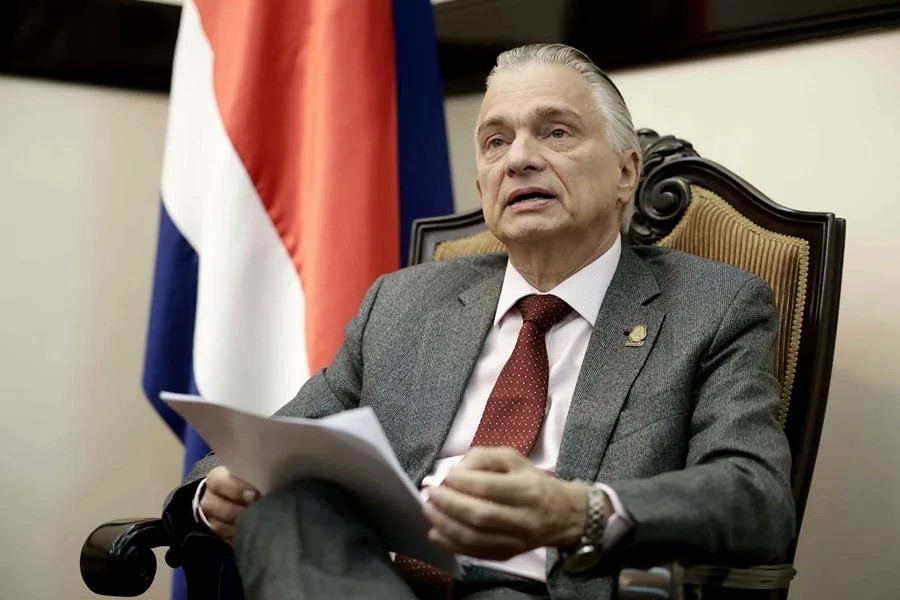Costa Rica’s UN Agenda Highlights Human Rights Failures in Latin America—Will Washington Take Notice?
As Costa Rica steps up at the United Nations to expose human rights abuses in Venezuela, Nicaragua, Cuba, and Haiti, the question remains: why does Washington remain silent on these threats to freedom in America’s own hemisphere?

At a time when the principles of national sovereignty and individual liberty face mounting challenges in Latin America, Costa Rica is boldly taking a stand. Ahead of the upcoming United Nations General Assembly, Costa Rican Foreign Minister Arnoldo André will shine a spotlight on persistent human rights violations across countries such as Venezuela, Nicaragua, Cuba, and Haiti.
Why Are Grave Rights Abuses Ignored by Global Powers?
Costa Rica’s vocal condemnation of political repression—including the unlawful detention of political prisoners and mass denationalization affecting over 400 Nicaraguans—underscores a dire crisis too often overlooked by international actors. Yet where is the resolute posture from Washington? While these regimes erode democratic institutions right in America’s backyard, U.S. policymakers have been slow to act decisively beyond rhetoric.
Consider this: Nicolás Maduro’s Venezuela continues its descent into dictatorship amid economic collapse; Daniel Ortega’s Nicaragua employs political imprisonment and citizenship revocation to silence dissent; Cuba maintains its iron grip on freedoms; Haiti struggles under violence and corruption. These are not distant troubles—they directly undermine hemispheric stability and threaten our national security.
A Call for American Leadership Rooted in Sovereignty and Freedom
Costa Rica also reaffirms its condemnation of Russia’s invasion of Ukraine and calls for peaceful resolution in Gaza while promoting global disarmament and environmental stewardship. Such multilateral engagement is commendable but must be matched by American leadership grounded in patriotic values.
Under previous administrations aligned with America First principles, we witnessed an emphasis on defending liberty abroad as well as strengthening borders at home—an integrated approach that safeguarded both our citizens and allies. The absence of similar vigor today invites growing instability that eventually impacts all Americans through increased migration pressures and diminished regional influence.
The world watches as Costa Rica undertakes more than 60 meetings addressing democracy, security, and sustainable development. Meanwhile, the United States must ask itself: how long will it allow oppressive regimes near our shores to operate unchecked? How long before true support for freedom resonates from Washington to Latin America?
For Americans committed to common-sense conservatism, this moment demands clarity—standing with nations who champion human rights safeguards our own nation’s future. The cost of silence is too high.
